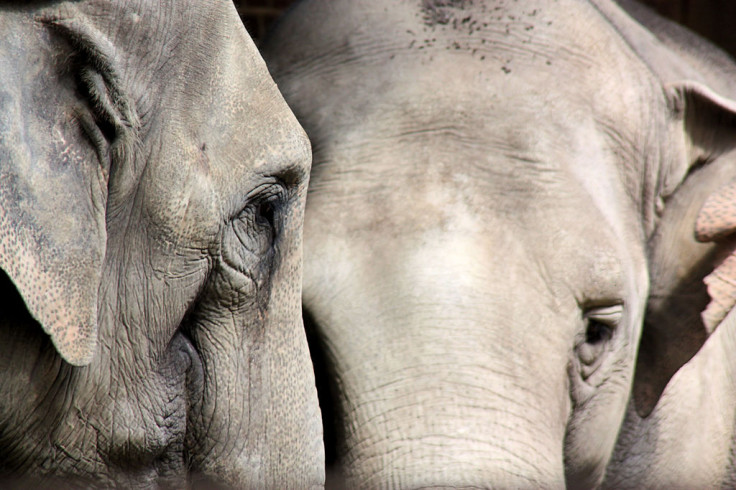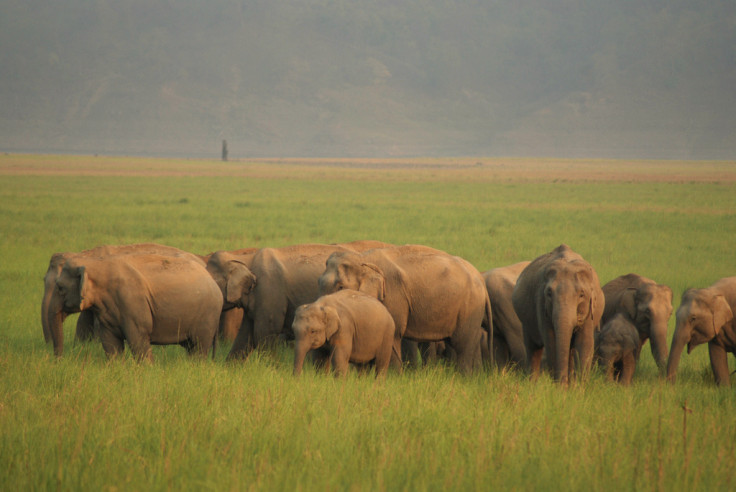Elephants Feel Empathy and Console Each Other

Asian elephants console and reassure one another when in distress through touch and vocalisation.
For the first time, researchers have discovered evidence showing how the world's largest land mammals interact and build social relationships in such a way.
Joshua Plotnik, from Emory University in Atlanta, explained that consolation behaviour is rare in the animal kingdom, with previous studies showing it in a limited number of species, including canines, great apes and certain corvids.
"For centuries, people have observed that elephants seem to be highly intelligent and empathic animals, but as scientists we need to actually test it," he said.
Previously, Plotnik and co-author Frans de Waal showed how elephants can recognise themselves in a mirror, showing self-awareness: "Humans are unique in many ways, but not in as many ways as we once thought," Plotnik said.
The researchers looked at 26 captive Asian elephants held across 30 actres in northern Thailand. They observed the animals for a year, recording incidents when an elephant displayed a stress reaction and the responses of other nearby elephants.
Stress events included a dog walking past, a snake rustling in the grass or an unfriendly elephant. Plotnik explained: "When an elephant gets spooked, its ears go out, its tail stands erect or curls out, and it may emit a low-frequency rumble, trumpet and roar to signal its distress."

Findings showed that nearby elephants would go to the side of the animal in distress and use its trunk to touch its face, or place its trunk in the distressed animal's mouth – a gesture similar to a handshake or hug among humans: "It's a very vulnerable position to put yourself in, because you could get bitten. It may be sending a signal of, 'I'm here to help you, not hurt you'," he said.
"The vocalisation I heard most often following a distress event was a high, chirping sound. I've never heard that vocalization when elephants are alone. It may be a signal like, 'Shshhh, it's okay,' the sort of sounds a human adult might make to reassure a baby."
Their study also showed how elephants in groups would display a phenomenon known as "emotional contagion", where they bunched together if one was in distress to make physical contact.
De Waal said: "With their strong social bonds, it's not surprising that elephants show concern for others. This study demonstrates that elephants get distressed when they see others in distress, reaching out to calm them down, not unlike the way chimpanzees or humans embrace someone who is upset."
Speaking about why more animals do not display this sort of behaviour, Plotnik added: "One hypothesis for why we don't see consolation as often is that more complex cognition may underlie it. Rather than just functioning as a way to maintain or repair relationships in a social group, consolation may also require empathy: The ability to put yourself emotionally into someone else's shoes."
© Copyright IBTimes 2025. All rights reserved.






















